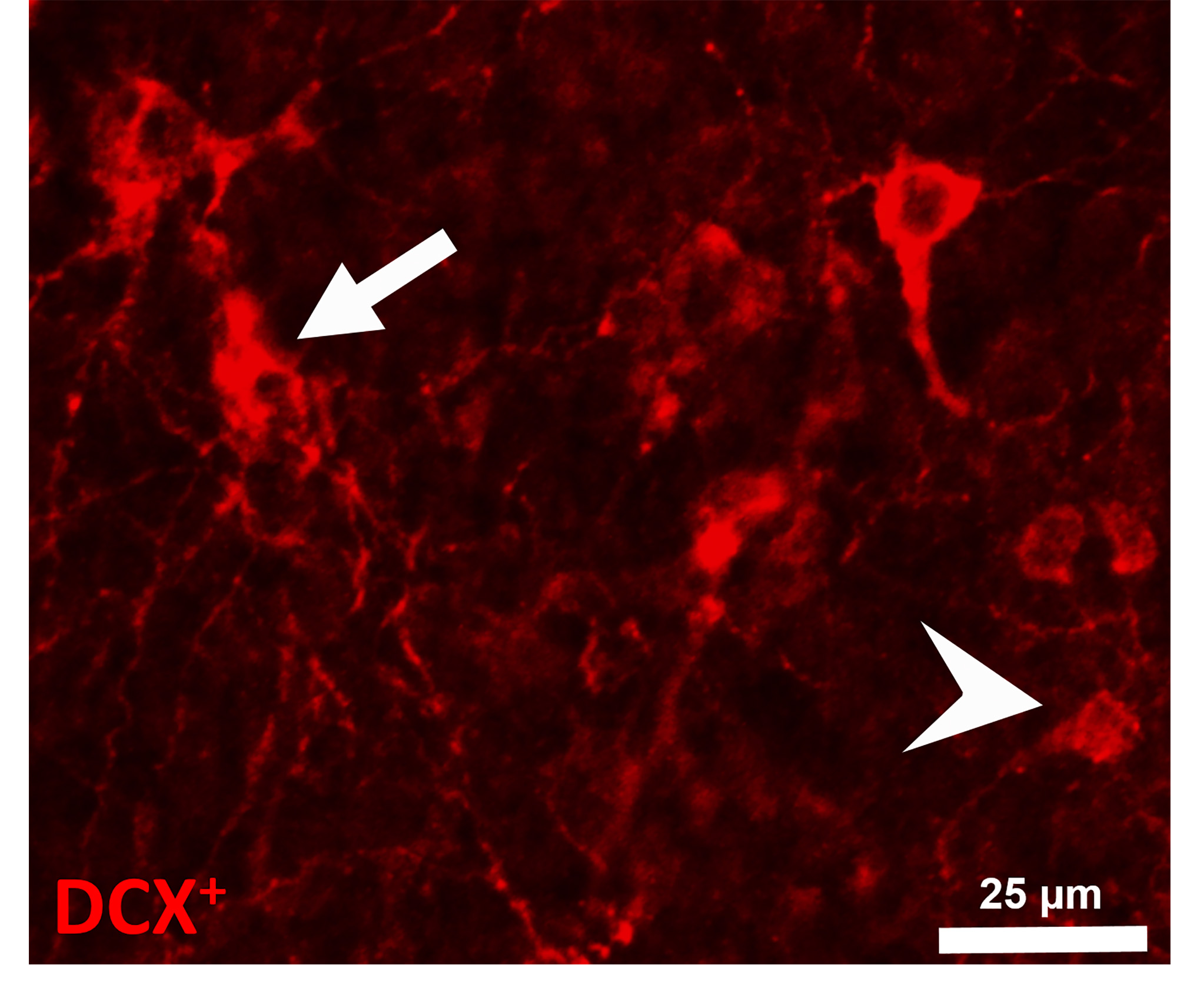
A research team from the University of Valencia has analysed in male mice the interaction of stress during early childhood with the deficiency of the Mecp2 gene, to find out the consequences of both factors on behaviour and neural function during adolescence. The work – in which the universities of Coimbra and Magdeburg also participate – has been published in the journal Frontiers in Behavioural Neuroscience, and observes some effects in males that had not been studied in females, such as how early life stress increases some motor symptoms and neural maturation deficits.
Mutations in the MECP2 gene are the main cause of Rett syndrome, a rare disease that affects neurological development, mainly in girls, and causes motor and intellectual disability, loss of speech and epilepsy, among other symptoms. On the other hand, MECP2 duplication syndrome, which causes autism and intellectual disability, is a rare disease that mainly affects the male sex. A disease is considered as rare when it affects less than 5 in 10.000 people.
“We have seen that exposure to stressful conditions during childhood has observable long-term effects, during adolescence, in mice deficient for this gene. We found some different effects from those previously detected in females, and others that we had not studied, such as how early life stress worsens the neural maturation deficits that these mice have. This research shows that Mecp2 plays a key role during neural development and that it is necessary to study in more detail the interactions it has with the environment, both in the short and long term”, highlighted Jose Vicente Torres, first signatory of the article and member of the Joint Research Unit in Functional Neuroanatomy of the University of Valencia. Also participating in the investigation are Elena Martínez Rodríguez, Carlos Blanco Gómez, Enrique Lanuza and Carmen Agustín, from the same unit, and Anabel Forte (Department of Statistics and Operational Research).
Carmen Agustín, professor who led the study, explains that this work is a continuation of another research published just over half a year ago that dealt with the consequences of early manipulations in Mecp2-deficient female mice, and whose aim was deepening the factors that contribute to the alterations in anxiety suffered by girls and women with Rett syndrome, to find new therapeutic targets that would improve the symptoms.
The study was co-led by Mónica Santos, from the Centre for Neuroscience and Cell Biology of the University of Coimbra (Portugal), with the collaboration of Oliver Stork, from the Otto von Guericke University of Magdeburg (Germany), and has been funded by the Ministry of Science and Innovation and the Ministry of Universities, the Foundation for Science and Technology of Portugal and the JérômeLejeune Foundation.
Figure: Photomicrograph showing immature neurons, expressing the marker protein doublecortin (DCX), in the olfactory cerebral cortex of a Mecp2-deficient mouse.
Article: Torres-Pérez JV, Martínez-Rodríguez E, Forte A, Blanco-Gómez C, Stork O, Lanuza E, Santos M and Agustín-Pavón C (2022). “Early life stress exacerbates behavioural and neuronal alterations in adolescent male mice lacking methyl-CpG binding protein 2 (Mecp2)”. Front. Behav. Neurosci. 16:974692. doi: 10.3389/fnbeh.2022.974692
Link: https://www.frontiersin.org/articles/10.3389/fnbeh.2022.974692/full
Images:
.jpg)











